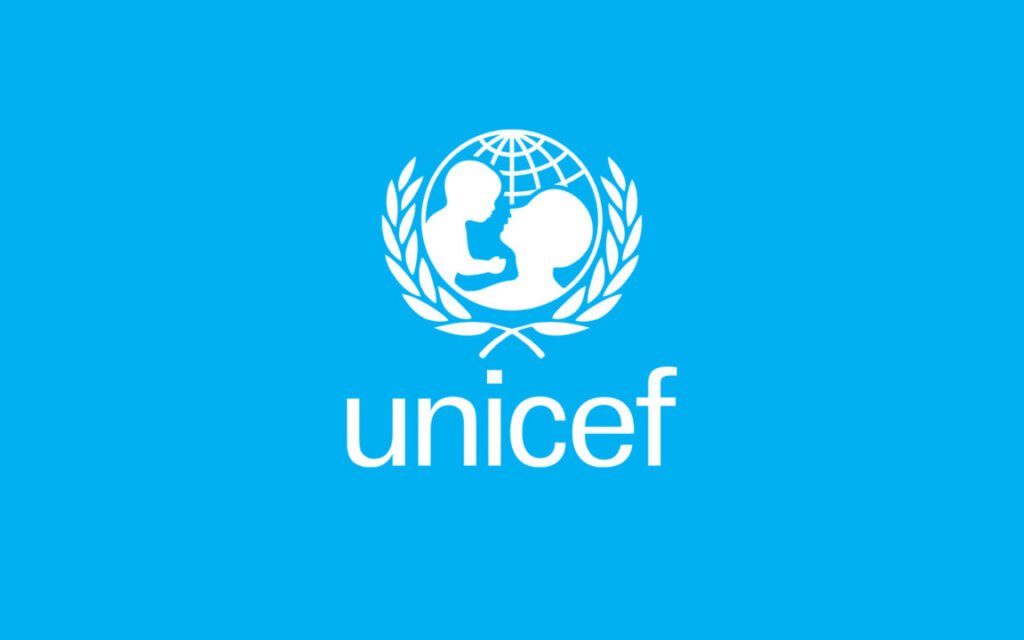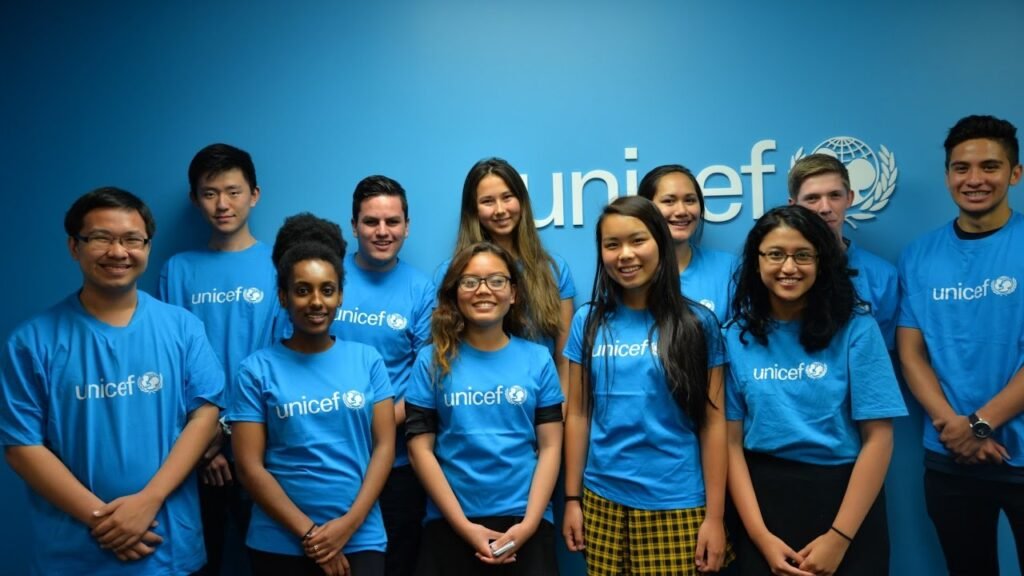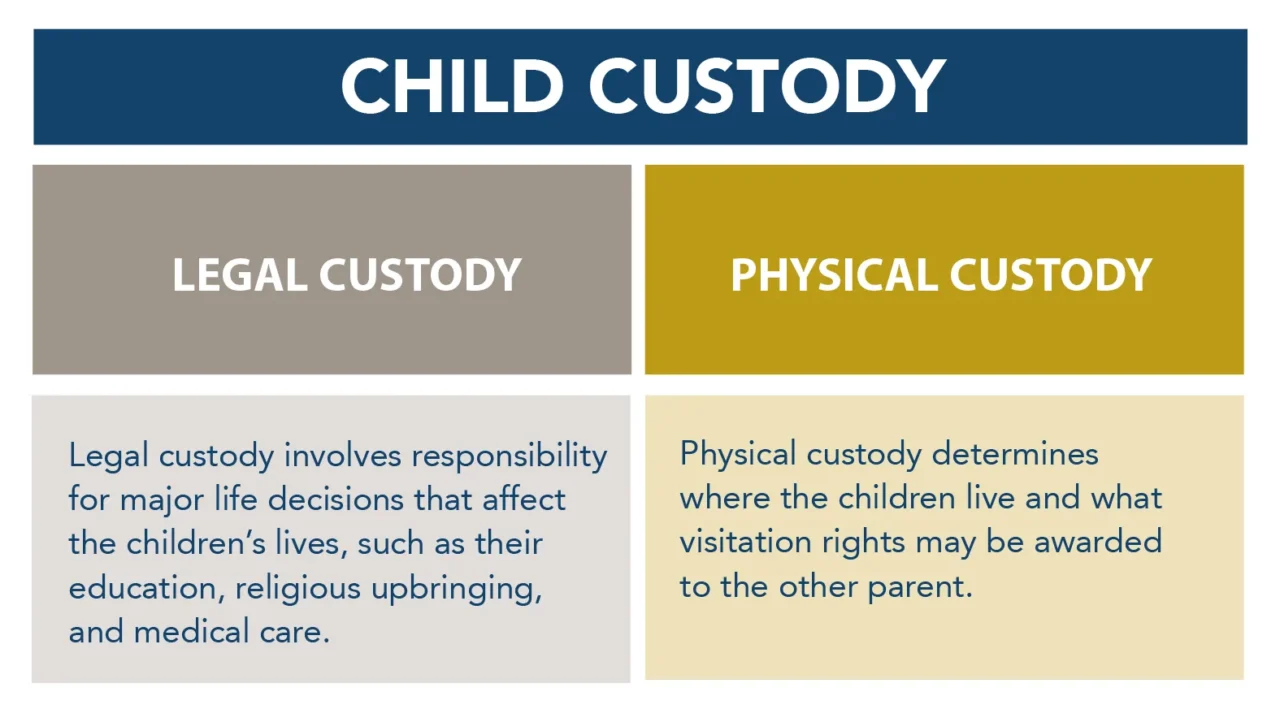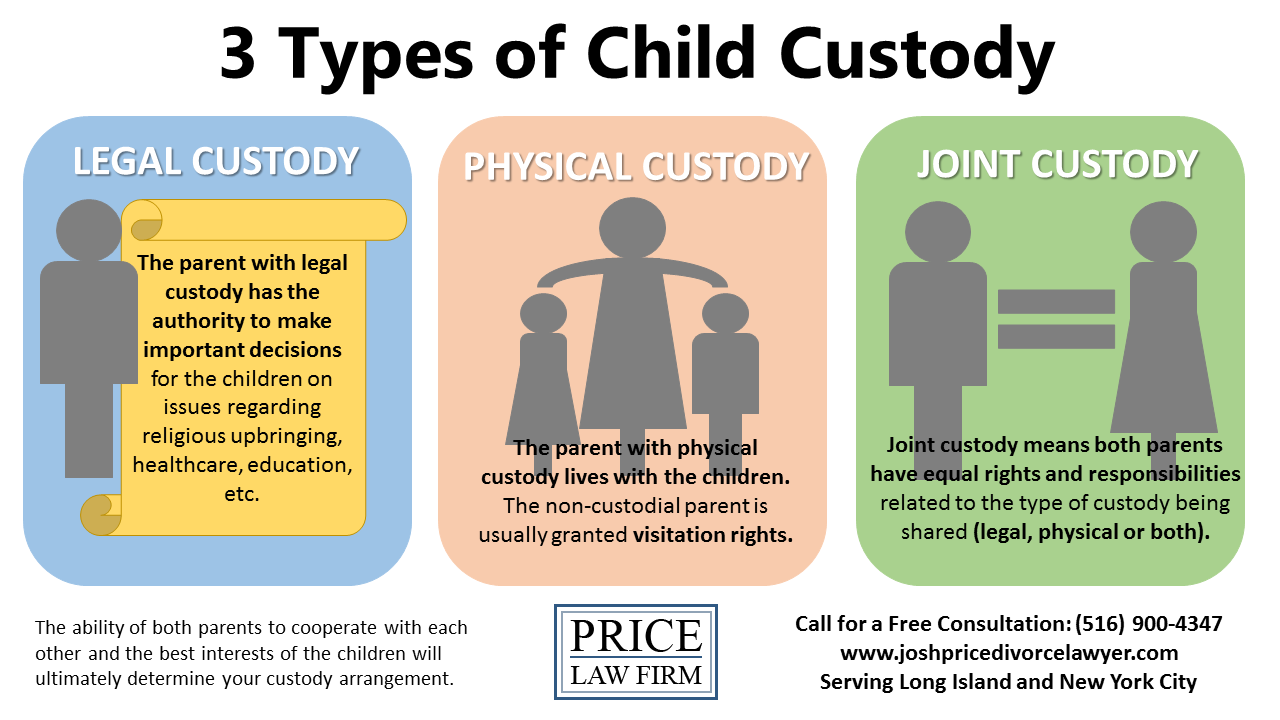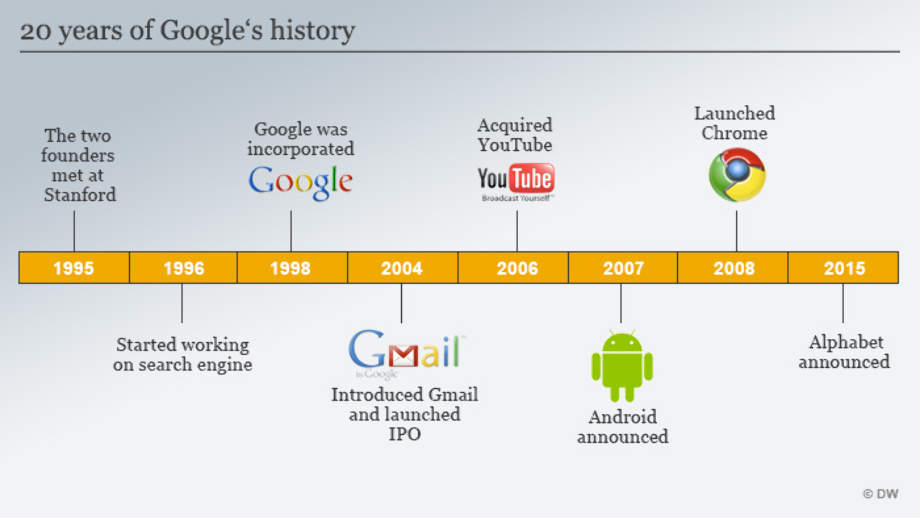Blog
Unicef Jobs: job application form link 10 countries’ Phone numbers, emails

Exploring Career Opportunities with UNICEF
Unicef Jobs The United Nations International Children’s Emergency Fund, more commonly known as UNICEF, is the forefront of global efforts to improve the lives of children and their families worldwide. Working with UNICEF is more than just a job—it’s a mission to make a difference. If you’re passionate about contributing to positive change on an international scale, a career with UNICEF might be your calling.
Why Join UNICEF?
A Global Impact
UNICEF operates in over 190 countries and territories, working tirelessly to advocate for children’s rights, provide humanitarian aid, and foster sustainable development. When you join UNICEF, you become part of a global movement dedicated to improving health, education, equality, and protection for children everywhere.
Diverse Career Paths
Working for UNICEF doesn’t mean you’re limited to one specific role. The organization offers a wide range of career paths, from program management and communications to data analysis and cybersecurity. Whether your skills are in finance, logistics, or education, there’s a place for you at UNICEF.
Professional Development
UNICEF is committed to the professional growth of its staff. Employees are encouraged to pursue learning opportunities that enhance their skills and knowledge. The organization offers training programs, workshops, and courses to ensure its workforce remains at the cutting edge of their respective fields.
Types of Jobs at UNICEF
Here are some key job categories you might consider:
1. Program and Project Management
These roles involve coordinating activities and projects that align with UNICEF’s mission. This includes designing and managing initiatives in health, nutrition, education, and emergency response, ensuring that every project delivers impactful results.
2. Communications and Advocacy
In these positions, you’ll work to raise awareness about UNICEF’s work and the issues affecting children globally. This could involve creating campaigns, managing media relations, and engaging with the public to advocate for children’s rights.
3. Technical and Research Roles
These roles require specialized skills in areas such as data analysis, policy research, and information technology. You’ll support UNICEF’s operations by providing the technical expertise needed to develop innovative solutions and drive evidence-based decision-making.
4. Administrative and Support Roles
Like any large organization, UNICEF requires a strong administrative backbone. These roles ensure efficient operations, covering everything from human resources and finance to logistics and procurement.
How to Apply
To apply for a position at UNICEF, start by visiting their careers page. Here you’ll find a list of current job openings, including detailed descriptions, requirements, and application instructions. You can filter positions by location, job family, and type of contract to find a role that matches your interests and expertise.
Tips for a Successful Application
- Tailor Your Resume: Emphasize your relevant skills and experience, particularly international work or involvement in children’s services, aligning them with the job description.
- Write a Strong Cover Letter: Share your passion for UNICEF’s mission, and highlight how your background and skills make you a suitable candidate for the role.
- Prepare for Interviews: Be prepared to discuss your relevant experiences and show understanding of UNICEF’s goals to stand out in the job application process.
UNICEF job application form link
To apply for a job with UNICEF, please visit their careers page at UNICEF Job Opportunities, where you can find current openings and access the job application form. This platform offers detailed information about each vacancy and allows candidates to submit applications directly.
Designations Available in UNICEF
UNICEF offers a wide range of designations that cater to varied professional skills and expertise. Here are some key designations you can explore:
- Project Officer:Coordinated project activities with local and international stakeholders.
- Communications Specialist:Craft compelling narratives and strategic communication to promote UNICEF’s mission.
- Data Analyst: Key in gathering and analyzing data for informed programming and policy-making.
- Operations Manager: Oversee smooth office operations involving finance, procurement, and logistics.
- Education Specialist: Develop and implement programs to improve children’s access to quality education.
- Human Resources Officer: Oversee recruitment and staff development to create a skilled workforce.
These roles, among others, allow professionals at UNICEF to contribute to significant global change while advancing their careers in a supportive and impactful environment.
UNICEF Offices Worldwide Addresses
- UNICEF Headquarters
United Nations Children’s Fund
Three United Nations Plaza
New York, NY 10017, USA
- Regional Office for South Asia (ROSA)
UNICEF
P.O. Box 5815
Lekhnath Marg, Kathmandu
Nepal
- East Asia and Pacific Regional Office
UNICEF
19 Phra Atit Road
Bangkok 10200
Thailand
- Latin America and Caribbean Regional Office
Building 102, City of Knowledge
Clayton, Panama City
Panama
- Middle East and North Africa Regional Office
UNICEF
P.O. Box 1551
Amman 11118
Jordan
- Eastern and Southern Africa Regional Office
UNICEF Kenya Country Office
United Nations Complex, Gigiri
P.O. Box 44145 – 00100
Nairobi, Kenya
Each office serves as a hub for coordinating UNICEF’s efforts in the surrounding regions, working closely with local governments, partners, and communities to implement programs and advocate for the rights of children.
UNICEF Salary Packages for All Designations, Country-Wise
Understanding the salary packages offered by UNICEF is crucial for prospective applicants. Salaries at UNICEF can vary significantly depending on the country, cost of living, and economic conditions of each location. Here is a general overview of salary packages across different regions:
United States
- Project Officer: $70,000 – $100,000 annually
- Communications Specialist: $80,000 – $110,000 annually
- Data Analyst: $75,000 – $105,000 annually
- Operations Manager: $85,000 – $120,000 annually
- Education Specialist: $78,000 – $115,000 annually
- Human Resources Officer: $80,000 – $110,000 annually
South Asia (e.g., Nepal, India)
- Project Officer: $35,000 – $50,000 annually
- Communications Specialist: $40,000 – $55,000 annually
- Data Analyst: $38,000 – $52,000 annually
- Operations Manager: $45,000 – $60,000 annually
- Education Specialist: $40,000 – $58,000 annually
- Human Resources Officer: $42,000 – $57,000 annually
East Asia (e.g., Thailand)
- Project Officer: $50,000 – $70,000 annually
- Communications Specialist: $55,000 – $75,000 annually
- Data Analyst: $53,000 – $73,000 annually
- Operations Manager: $60,000 – $80,000 annually
- Education Specialist: $55,000 – $75,000 annually
- Human Resources Officer: $57,000 – $76,000 annually
Latin America (e.g., Panama)
- Project Officer: $40,000 – $60,000 annually
- Communications Specialist: $45,000 – $65,000 annually
- Data Analyst: $42,000 – $62,000 annually
- Operations Manager: $50,000 – $70,000 annually
- Education Specialist: $43,000 – $63,000 annually
- Human Resources Officer: $45,000 – $65,000 annually
Middle East and North Africa (e.g., Jordan)
- Project Officer: $45,000 – $65,000 annually
- Communications Specialist: $50,000 – $70,000 annually
- Data Analyst: $48,000 – $68,000 annually
- Operations Manager: $55,000 – $75,000 annually
- Education Specialist: $50,000 – $70,000 annually
- Human Resources Officer: $52,000 – $72,000 annually
Eastern and Southern Africa (e.g., Kenya)
- Project Officer: $40,000 – $55,000 annually
- Communications Specialist: $45,000 – $60,000 annually
- Data Analyst: $42,000 – $58,000 annually
- Operations Manager: $50,000 – $65,000 annually
- Education Specialist: $45,000 – $60,000 annually
- Human Resources Officer: $47,000 – $60,000 annually
These salary ranges are estimates and can vary based on specific roles, qualifications, and experience.
UNICEF Employment Accommodation Information
The organization supports employees with disabilities by offering reasonable accommodations like workplace modifications, accessible technology, and flexible schedules to ensure full participation.
Additionally, UNICEF actively develops policies and practices to recognize and address the individual needs of its team members. UNICEF encourages applicants and employees to discuss accommodations with Human Resources to ensure an inclusive and supportive work environment.
UNICEF Projects Worldwide
UNICEF’s mission to improve the lives of children is implemented through a wide range of projects worldwide, each tailored to address specific regional challenges while aligning with global development goals. These projects can be categorized into several levels:
Local Level Projects
Locally, UNICEF works with community organizations and governments to address children’s immediate needs. Projects provide essential services, such as nutrition, healthcare, and education, to vulnerable groups. UNICEF tailors its strategies to local cultural and social dynamics by staying active in communities.
National Level Projects
UNICEF collaborates with governments and stakeholders on policy-driven initiatives like vaccination campaigns, educational reforms, and child protection programs. By shaping policy and offering technical support, UNICEF fosters sustainable improvements in children’s well-being nationwide.
Regional and Global Level Projects
UNICEF tackles international issues like child trafficking, refugee crises, and climate change by partnering with global organizations to enhance resources and expertise.
Regional initiatives coordinate efforts to enhance education and combat malnutrition, while global projects set universal standards and raise awareness of children’s issues worldwide.
Recommended Book for UNICEF
One highly recommended book for those interested in UNICEF’s work and global child welfare is (click here to buy this book at Amazon) “The State of the World’s Children” by UNICEF. This annual flagship report provides an in-depth analysis of children’s issues worldwide, focusing on themes such as health, education, gender equality, and child protection.
This publication provides key insights and data on child rights and development, featuring case studies and field stories. It’s a vital resource for policymakers and practitioners dedicated to improving children’s well-being worldwide.
UNICEF Job Opportunities Worldwide web links
To explore job opportunities with UNICEF across the globe, interested applicants can visit the following regional job portals. These platforms provide detailed information on available positions, application procedures, and the required qualifications for each role:
Global Positions: UNICEF Careers
Africa Region: UNICEF Eastern and Southern Africa Vacancies
Asia Region: UNICEF East Asia and Pacific Job Openings
Europe Region: UNICEF Europe and Central Asia Career Opportunities
Middle East and North Africa: UNICEF MENA Region Jobs
Americas: UNICEF Latin America and Caribbean Career Page
UNICEF Email address for Corresponding
For any inquiries or correspondence related to UNICEF’s global projects and initiatives, you can contact us via email at info@unicef.org. This contact ensures that messages are directed to the appropriate departments for further assistance and information regarding their worldwide efforts to support children’s rights and welfare.
UNICEF Phone Numbers by Country Wise
UNICEF has global country offices to support local and regional initiatives. Here’s how to contact key UNICEF offices worldwide.
United States
- UNICEF USA Headquarters: +1 212 326 7000
United Kingdom
- UNICEF UK Office: +44 20 7375 6050
Canada
- UNICEF Canada Office: +1 800 567 4483
India
- UNICEF India Office: +91 11 2469 0401
Australia
- UNICEF Australia Office: +61 1300 884 233
Brazil
- UNICEF Brazil Office: +55 61 3035 1900
Kenya
- UNICEF Kenya Office: +254 20 762 2212
South Africa
- UNICEF South Africa Office: +27 12 354 8201
Jordan
- UNICEF Jordan Office: +962 6 550 2400
Egypt
- UNICEF Egypt Office: +20 2 2526 9696
These numbers are main contacts for UNICEF’s country offices, offering help and info on projects. For more details, check individual country websites for additional contacts.
FAQs
What is UNICEF’s main goal?
UNICEF aims to protect children’s rights, meet their basic needs, and expand their opportunities. It provides long-term solutions for children’s health, nutrition, education, and protection.
How can I donate to UNICEF?
You can donate to UNICEF through their website by visiting UNICEF Donations. Choose between a one-time donation or recurring contribution to support global projects improving children’s lives.
Can I volunteer with UNICEF?
UNICEF provides volunteer opportunities through their country offices and partners, allowing individuals to support children’s welfare programs. For more information, contact your local UNICEF office.
How does UNICEF ensure transparency and accountability in its operations?
UNICEF ensures transparency and accountability by sharing financial reports and adhering to strict standards and audits to efficiently use resources for intended beneficiaries.
What is UNICEF’s approach to emergency situations?
UNICEF swiftly delivers essential relief like clean water, nutrition, education, and protection to children and families in crisis, working with partners to ease suffering and support long-term recovery.
Blog
what is joint custody: Latest
Blog
Best Vacation Spots in the US:

A Guide for Citizens and Visitors
Best Vacation Spots in the US: The United States is a treasure trove of vacation destinations, offering an incredible variety of landscapes, cultures, and experiences. Whether you are a U.S. citizen exploring your own backyard or a traveler from abroad looking to immerse yourself in the American experience, there’s something for everyone. Here are some of the best vacation spots in the U.S. to consider for your next adventure.
1. New York City, New York
For a city that never sleeps, New York is a must-visit destination. Home to iconic landmarks like Times Square, the Statue of Liberty, and Central Park, the city offers a vibrant mix of culture, cuisine, and entertainment. Don’t miss the Broadway shows, world-class museums like the MET, and the bustling neighborhoods like SoHo and Williamsburg.
- Ideal For: Culture enthusiasts, foodies, and urban adventurers.
- Pro Tip: Visit during spring or fall to enjoy pleasant weather and fewer crowds.
2. Grand Canyon, Arizona
This natural wonder is awe-inspiring and a perfect destination for nature lovers. Hike along the South Rim, take a helicopter tour for breathtaking views, or raft down the Colorado River for an unforgettable adventure.
- Ideal For: Outdoor enthusiasts and families.
- Pro Tip: Sunrise and sunset offer the most stunning views.
3. Honolulu, Hawaii
Experience the tropical paradise of Hawaii’s capital city. From the famous Waikiki Beach to the historic Pearl Harbor sites, Honolulu is a blend of relaxation and cultural heritage.
- Ideal For: Beach lovers, surfers, and history buffs.
- Pro Tip: Explore nearby attractions like Diamond Head and Hanauma Bay for snorkeling.
4. Yellowstone National Park, Wyoming/Montana/Idaho
America’s first national park is a wonderland of geysers, hot springs, and diverse wildlife. Old Faithful and the Grand Prismatic Spring are must-sees, but the park also offers incredible hiking and camping opportunities.
- Ideal For: Nature lovers and adventure seekers.
- Pro Tip: Visit during late spring or early fall to avoid the summer crowds.
5. New Orleans, Louisiana
Known for its vibrant culture, jazz music, and Creole cuisine, New Orleans is a city like no other. The French Quarter, Bourbon Street, and Mardi Gras are just the beginning of what this lively city has to offer.
- Ideal For: Music lovers, food enthusiasts, and partygoers.
- Pro Tip: Visit in April for the New Orleans Jazz & Heritage Festival.
6. San Francisco, California
Famous for the Golden Gate Bridge, Alcatraz Island, and its eclectic neighborhoods, San Francisco offers a mix of natural beauty and urban charm. Explore Fisherman’s Wharf, ride the iconic cable cars, and take a day trip to wine country.
- Ideal For: Couples, families, and solo travelers.
- Pro Tip: Bring layers; the weather can change quickly.
7. Orlando, Florida
Orlando is a family-friendly destination that promises fun for all ages. Home to Walt Disney World, Universal Studios, and SeaWorld, it’s the ultimate spot for theme park enthusiasts.
- Ideal For: Families and thrill-seekers.
- Pro Tip: Plan your visit during weekdays to avoid long lines.
8. Las Vegas, Nevada
The entertainment capital of the world, Las Vegas is known for its vibrant nightlife, luxurious resorts, and world-class dining. Beyond the casinos, visitors can explore nearby attractions like the Hoover Dam and Red Rock Canyon.
- Ideal For: Nightlife enthusiasts and luxury travelers.
- Pro Tip: Check out the free shows like the Bellagio Fountains.
9. Charleston, South Carolina
This charming Southern city is known for its historic architecture, cobblestone streets, and warm hospitality. Visit the historic plantations, enjoy a carriage ride, and indulge in delicious Lowcountry cuisine.
- Ideal For: History buffs and couples.
- Pro Tip: Springtime offers beautiful blooms and pleasant weather.
10. Anchorage, Alaska
Best Vacation Spots in the US: For a taste of the wild, Anchorage is the gateway to Alaska’s rugged beauty. Experience glaciers, wildlife, and stunning mountain views. Don’t miss a cruise through the Kenai Fjords or a visit to Denali National Park.
- Ideal For: Adventure seekers and nature lovers.
- Pro Tip: Summer offers extended daylight hours to explore more.
The United States offers a rich tapestry of experiences, making it a top destination for travelers from all walks of life. Whether you’re looking for thrilling adventures, serene landscapes, or cultural immersion, the perfect vacation spot awaits you. Start planning your journey today!
Blog
The History of Google: Global Tech Giant

The History of Google: From a Research Project to a Global Giant
History of Google vision, and adaptability. Here’s a deep dive into the history of Google, its evolution, and its impact on the digital age.
Early Beginnings: The Birth of Google
Google was founded in September 1998 by Larry Page and Sergey Brin, both Stanford University graduate students. The pair met in 1995 when Larry was considering attending Stanford for his PhD and was introduced to Sergey, who was already a student. They began working together on a search engine project as part of Larry’s doctoral thesis.
Initially, the duo worked on a project called BackRub, which used a novel algorithm to rank web pages based on the number and quality of links pointing to them. This was a departure from the keyword-based search algorithms that were common at the time. They quickly realized the potential of this idea, which led to the creation of Google.
The name “Google” is a play on the word “googol,” which refers to the number 1 followed by 100 zeros, symbolizing the founders’ mission to organize an immense amount of information on the web.
The Early Growth: Launch and Expansion
Google’s first public release was in 1998, when it was still in beta and running on the Stanford University servers. The search engine quickly gained popularity due to its cleaner, faster interface and more relevant search results. By 1999, the company moved into a garage in Menlo Park, California, which is often considered Google’s official startup base.
In 2000, Google introduced its AdWords program, which allowed businesses to advertise on Google’s search results. This program became the backbone of Google’s revenue model, allowing the company to scale its operations rapidly.
Becoming a Household Name: IPO and Global Expansion
Google’s exponential growth continued in the early 2000s. The company expanded its range of services, including the introduction of Gmail in 2004, which revolutionized email with its 1GB storage and the use of an innovative conversation-based interface.
In 2004, Google went public, with its Initial Public Offering (IPO) raising nearly $2 billion. The stock price skyrocketed, and Google became a publicly traded company. This marked a pivotal moment in the company’s journey, solidifying its place in Silicon Valley’s elite tech companies.
After the IPO, Google continued to expand by acquiring other companies. In 2006, it acquired YouTube, further broadening its scope to video sharing. Over the next few years, Google acquired several other companies, including Android Inc. in 2005, which led to the development of the Android operating system—a key player in the mobile revolution.
The Google Era: Dominance and Innovation
In the following years, Google expanded into various markets, including cloud computing, hardware, and artificial intelligence. The company launched products like Google Maps, Google Drive, and Google Chrome, which have become central to everyday internet usage.
In 2015, Google reorganized itself under a new parent company called Alphabet Inc., with Google becoming its largest subsidiary. This restructuring allowed the company to focus on its core business while also exploring new ventures, including life sciences and autonomous vehicles through its various “Other Bets.”
Google also made strides in AI and machine learning with products like Google Assistant, Google Translate, and Google Cloud AI. The company’s algorithms are integral to billions of searches, and its AI-based technologies continue to drive innovation in numerous industries.
Controversies and Challenges
While Google’s success is undeniable, the company has also faced numerous controversies. Critics have raised concerns about issues such as privacy, monopoly, and censorship. Google has been involved in various antitrust investigations, particularly in the United States and Europe, over its dominance in the search engine market and its handling of user data.
The Future of Google
As of today, Google is an omnipresent force in the digital world, with products and services that touch nearly every aspect of modern life. The company’s search engine remains the most widely used globally, while innovations in AI, cloud computing, and self-driving technology position it to continue its growth for years to come.
Summary
From its humble beginnings as a university research project to a global technology leader, Google has dramatically transformed the way we interact with information. Its expansion into new markets and innovations in AI, search technology, and cloud services suggest that Google’s journey is far from over.
For further reading, you can refer to these sources:
-

 Blog7 months ago
Blog7 months agoMaria Taylor’s Husband: Jonathan Lee Hemphill’s Job, Family, and Kids Explained
-

 TECH7 months ago
TECH7 months agoiPhone 16 Pro Max VS iPhone 16 Pro: Features and Insights (2024-2025)
-

 FASHION4 months ago
FASHION4 months agoOld-Fashioned: Styles Across Generation
-

 SEO5 months ago
SEO5 months agoBest website platform for seo: top 5 popular websites, 1-book, 25 Top Free SEO Tools,
-

 TECH4 months ago
TECH4 months agoNew Innovations in Technology: The Future
-

 SEO5 months ago
SEO5 months agoGoogle Ranking Factors: top 50 factors
-

 TECH7 months ago
TECH7 months ago2025 mercedes-benz c-class images:
-

 SEO5 months ago
SEO5 months agoHow to Write an Article with AI: According to the google requirements ai article book




